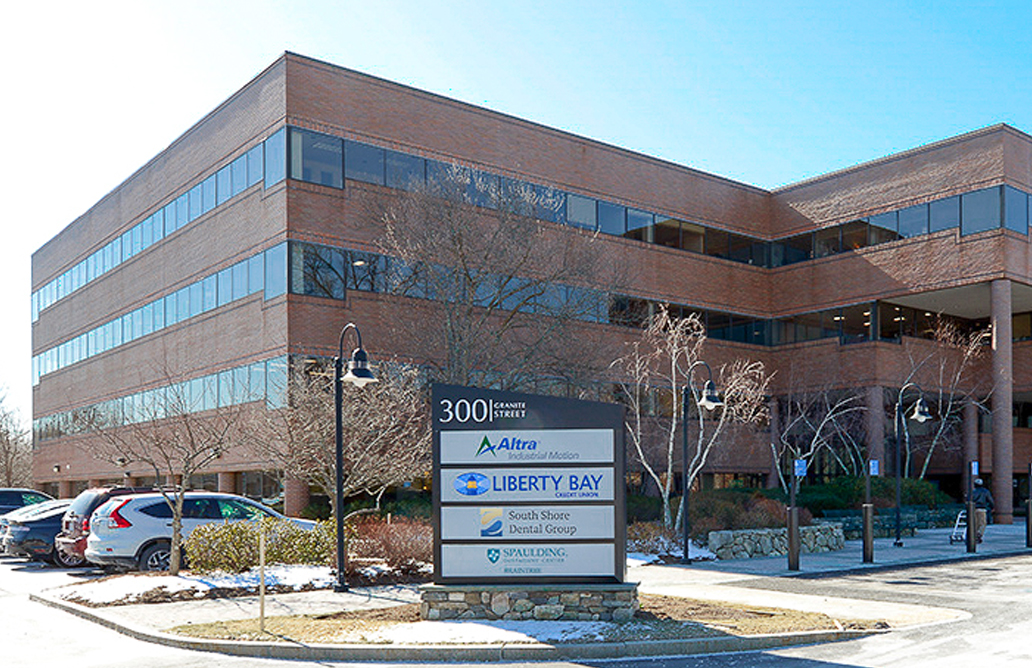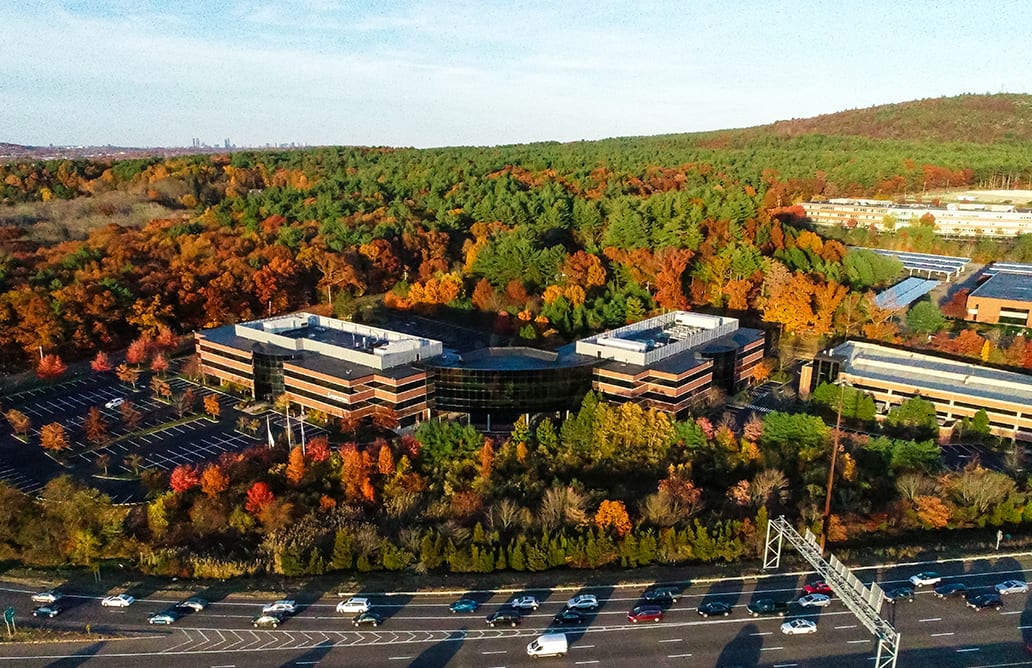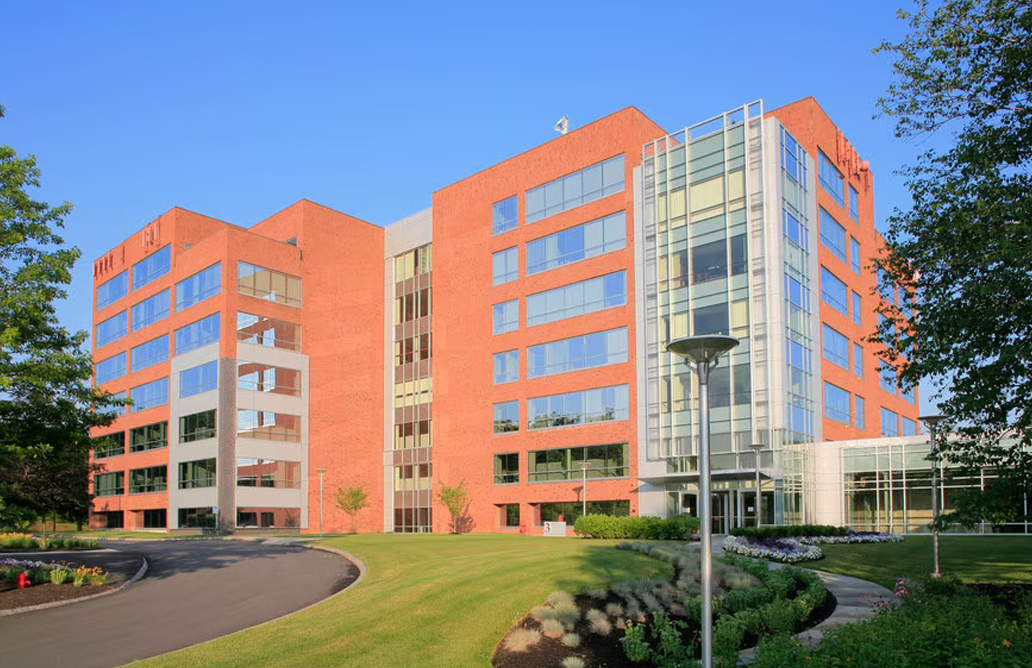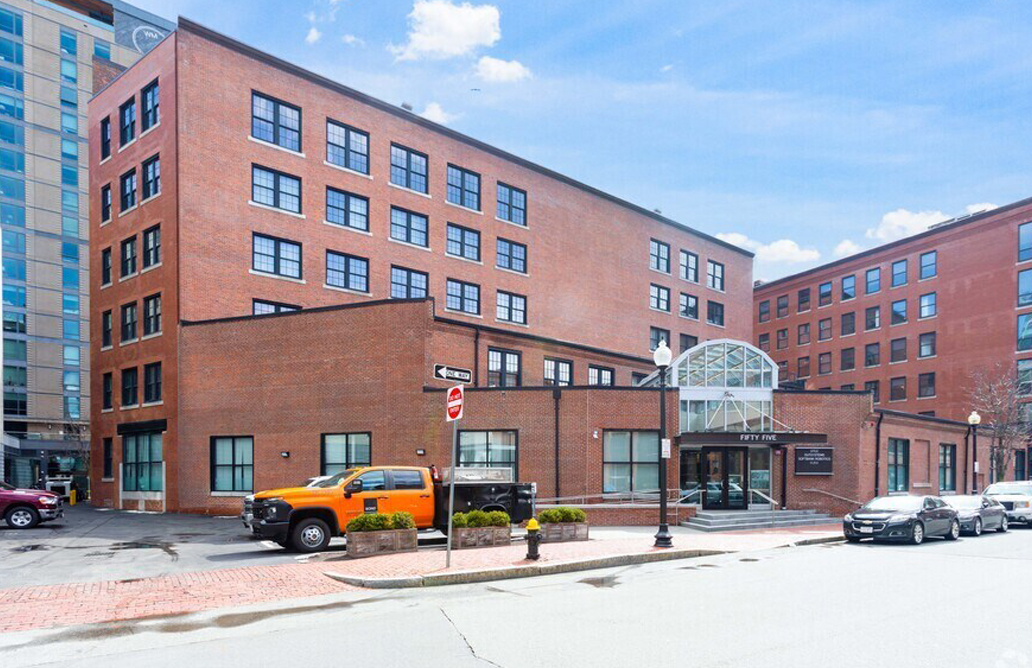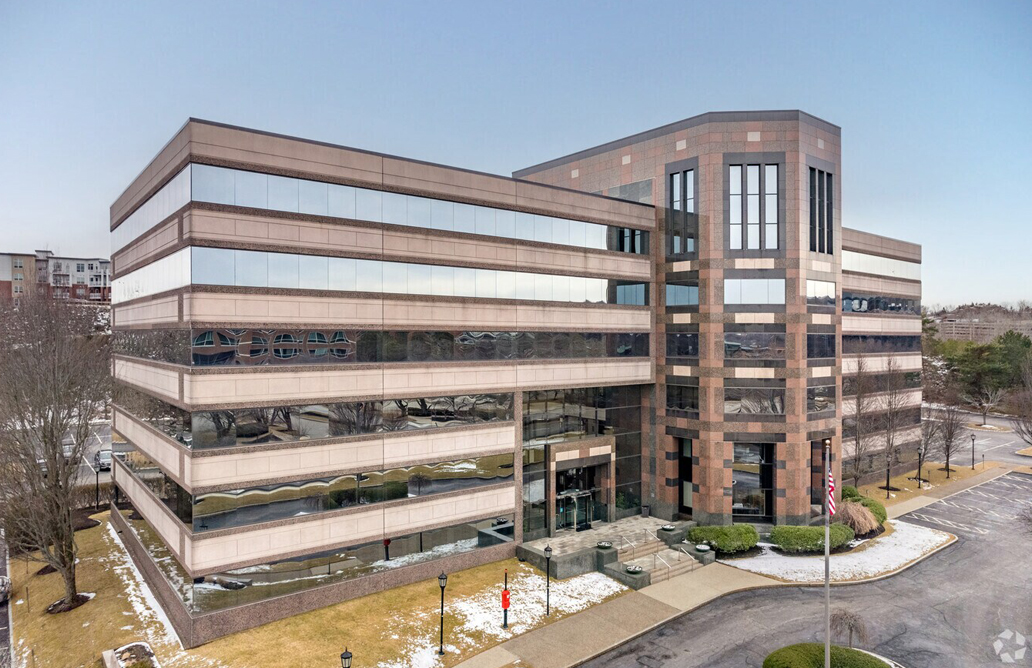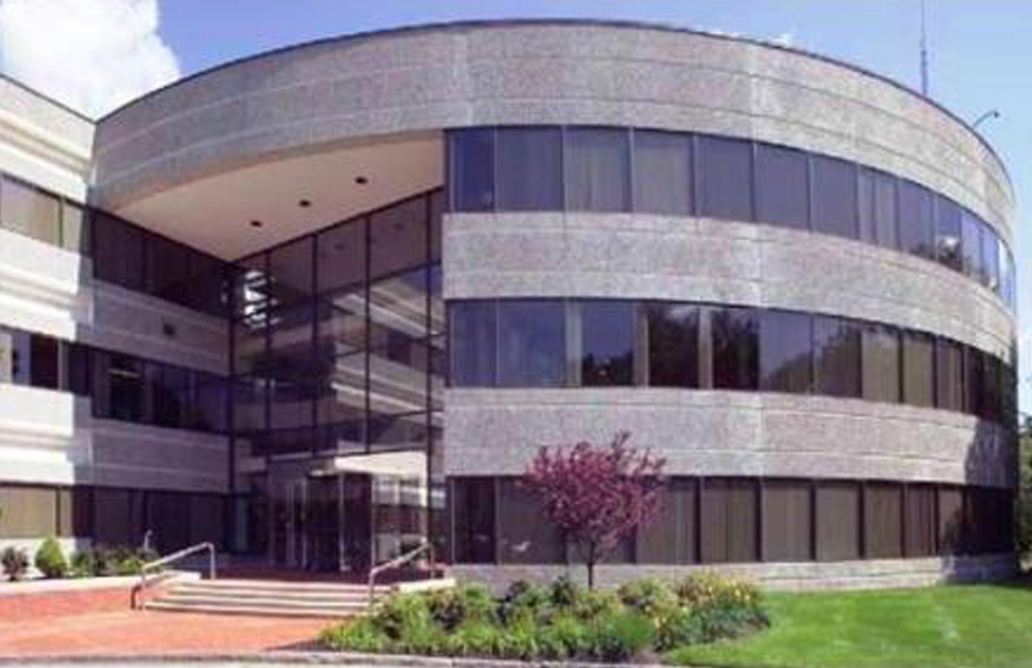
FAQ’s
Building Management Systems
Building Management Systems (BMS), also referred to as Building Automation Systems (BAS), are sophisticated networks of hardware and software that control and monitor various building functions, including HVAC systems, lighting, security, and more. They allow for centralized management, automation, and optimization of these systems, leading to increased energy efficiency, reduced operational costs, improved occupant comfort, and enhanced building security. BMS is important as it not only enhances the overall functionality and sustainability of buildings but also helps organizations meet regulatory requirements and achieve their environmental and cost-saving goals.
Yes, Building Management Systems (BMS) can be highly customized to meet the specific requirements and preferences of your building or facility. We, at FMC take great care to design these Systems to be flexible and adaptable, allowing for tailored configurations and programming to optimize control over various building functions such as HVAC, lighting, and security, aligning with the unique needs of the structure and its occupants.
A Building Management System (BMS) and a Building Automation System (BAS) are both technologies used in commercial and industrial buildings to control and monitor various building systems. BMS and BAS are related terms that are often used interchangeably, but they are not exactly the same. A BAS primarily focuses on the automation and control of specific building systems, while a BMS is a more comprehensive system that oversees the entire facility’s operations, including the integration of a BAS. The terms are sometimes used interchangeably, but there is a slight distinction between them based on the scope of control and management.
Building Management System (BMS): The primary purpose of a BMS is to manage and optimize the overall performance of a building’s systems, with a focus on the comfort and efficiency of occupants. It integrates and oversees various subsystems like HVAC (Heating, Ventilation, and Air Conditioning), lighting, security, and access control. A BMS provides a holistic view of building operations, enabling facility managers to make informed decisions to enhance occupant comfort and energy efficiency. BMS provides centralized control and monitoring of multiple building systems and integrates them to achieve specific objectives, such as energy conservation and occupant comfort. BMS is designed to integrate and coordinate various building systems, creating a unified platform for managing building operations.
Building Automation System (BAS): A BAS, on the other hand, primarily focuses on automating and controlling specific building systems, often emphasizing energy efficiency and cost savings. It is more narrowly focused on the automation of individual components, such as HVAC
equipment, lighting controls, and security systems. BAS has a narrower scope and is mainly concerned with automating and controlling specific building subsystems or equipment, often without the comprehensive oversight of the entire building. It can be used for tasks like scheduling HVAC operations, adjusting lighting levels, or managing security systems. BAS is typically more specialized and may not have the same level of integration capabilities as a BMS. It often focuses on standalone automation and control of individual systems.
An Energy Management System (EMS) is a sophisticated system that helps organizations monitor, control, and optimize their energy usage to improve efficiency and reduce costs. EMS is used to enhance energy efficiency, reduce costs, and minimize environmental impact by analyzing energy data, providing real-time insights, and automating energy-related processes. It typically integrates with various building systems, such as HVAC, lighting, and equipment, to ensure optimal energy usage. EMS can help users set energy conservation goals, track progress, and make data-driven decisions to improve energy performance. It plays a crucial role in helping businesses and institutions meet sustainability targets and reduce their carbon footprint.
EMS, Building Management System (BMS), and Building Automation System (BAS), share similarities but serve different purposes. While EMS focuses specifically on energy consumption and optimization, BMS and BAS are broader systems that encompass various aspects of building operations, including security, HVAC, lighting, and more. BMS and BAS can integrate with EMS to provide a comprehensive approach to building management, incorporating energy management alongside other operational functions.
Open Protocol
By choosing an open system, customers have the flexibility to choose products from various manufacturers when upgrading. This results in lower costs because they are not locked into one system.
These are some benefits of an Open Protocol:
Standardization: Open protocols are typically developed and maintained by industry organizations or standardization bodies. They define a common language for devices and systems to communicate effectively.
Vendor Neutrality: Open protocols are not tied to any specific manufacturer or vendor. This means that different devices and systems from various manufacturers can all use the same protocol for communication.
Interoperability: Devices and systems that adhere to the same open protocol can easily exchange data and commands. This allows for greater flexibility and choice in selecting components for a Building Management System.
Scalability: Open protocols are often designed to be scalable, allowing a Building’s Management System to grow and adapt as needed without being limited to specific vendors or proprietary technologies.
Transparency: The details of open protocols are typically available to the public, which promotes transparency and can lead to innovation and development by a broader community of developers and engineers.
We install products from manufacturers that adhere to open protocol standards as their primary communications protocol. BACnet, LonWorks, and Modbus are the most popular open protocols used in the HVAC industry today.
BACnet: BACnet (Building Automation and Control Network) is a widely used open protocol for building automation and control systems. It is governed by ASHRAE (American Society of Heating, Refrigerating, and Air-Conditioning Engineers) and is designed to facilitate communication among different devices and systems within a building.
LonWorks: LonWorks is an open protocol developed by Echelon Corporation. It is used for building automation and industrial control applications, offering a framework for devices to communicate and work together.
Modbus: Modbus is a communication protocol that is often used in industrial automation and building management systems. It’s widely adopted for its simplicity and versatility.
FMC Technologies is an advocate of open standards for control systems. We can help you design your everyday devices to be smart, completely open, able to communicate with one another and compatible with the Internet. Open protocols allow flexibility to meet the requirements of all industries, and all manufacturers within the industries.
Implementing building automation systems can be costly, with expenses varying based on factors like building size and technology choices. Initial investments cover hardware, software, and sensor installation. Despite the upfront costs, building automation systems offer long-term benefits, including energy optimization, increased operational efficiency, enhanced occupant comfort, and reduced maintenance expenses. The return on investment is often realized through energy savings and extended asset lifespan. FMC Technologies can help you conduct a thorough cost-benefit analysis to determine the overall cost-effectiveness of implementing building automation for your project.
I under preventative maintenance priority on-site service
Preventative, Maintenance and Service
Yes, Building Management Systems (BMS) require regular maintenance to ensure their continued reliability and effectiveness over time. This includes regular inspections of sensors, controllers, and software updates to address potential issues and prevent operational disruptions. Proper maintenance is crucial for sustaining energy efficiency and overall system performance.
Yes, FMC Technologies provides onsite technical support in addition to remote technical support for your building automation system. When a problem requires hands on troubleshooting, we dispatch one of our experienced and friendly technicians in a timely manner to ensure continued smooth operation.
Our service plans offer a prescribed amount of onsite preventative maintenance visits. During these visits, our technicians go onsite to make sure that your equipment is operating well and has the latest software/firmware updates. Our regular inspections and servicing help identify and address potential issues before they escalate, minimizing the risk of costly downtime or system failures. These visits also provide an opportunity to calibrate and fine-tune the BAS, enhancing its efficiency and prolonging its operational lifespan. Our technician will finish the visit by taking a backup of your system to ensure a seamless replacement in the event of a failure.
Yes, we have a team of engineers available for remote support 24×7. Our remote assistance offers a cost-effective, efficient way to monitor and address potential issues without the need for an on-site visit. Through remote diagnostics and troubleshooting, our engineers can identify and resolve issues in short time, minimizing downtime and disruptions to building operations. This approach also enables timely software updates and system optimizations, ensuring your facility continues to operate at its peak performance.
The best service plan is the one that serves all your needs as a building manager. While we recommend a service plan for all facilities, the perfect plan varies from one building to another. For schools and most small to medium office buildings, we recommend our base plan with an appropriate amount of remote service support hours. For facilities with labs or spaces with critical requirements from their HVAC system, we recommend a plan that includes proactive site monitoring in addition to increased PM visits and remote support. For building managers
who require the highest degree of monitoring, we add your site to our in-office dashboard which is constantly updated and monitored by our service department every day. No matter which plan works best for you and your facility, FMC will provide you with industry leading 5-star service!
Purchasing a service plan ensures the quickest response times, includes a prescribed amount of remote service hours and preventative maintenance visits, and secures a discounted rate for onsite service and remote service hours that exceed the included amount. We also offer optional add-ins such as regularly scheduled site monitoring reports, tenant electrical submetering, and all-day proactive monitoring of your site through our in-office site dashboard.
Protection against cybersecurity threats to your BMS is just as important as securing your normal IT infrastructure. FMC prioritizes cybersecurity by embracing the latest best practices, security protocols, and network design. For customers with an IT department or Managed Service Provider, we will work closely with them to set up a secure, isolated network for your BMS. Our goal is to greatly reduce the risk that your BMS will be a point of entry for threat actors to gain access to your network. For those without IT staff managing their network, FMC can provide a secure, isolated network solution to host your BAS and provide secure remote access to your facilities staff and our service department.
Cyber Security
Utility Incentives
Utility incentives refer to financial incentives or rebates offered by utility companies to encourage the implementation of energy-efficient technologies and practices through the use of Building Management Systems. These incentives are designed to offset the initial costs of installing or upgrading BMS systems.
You may be eligible for incentives if you are implementing new energy saving sequences on an existing BMS, replacing a 10+ year old BMS to implement energy saving sequences, or installing a first-time BMS. FMC can help pre-qualify your building and will work with your local utility company to maximize your incentives.
The amount of money you can save through utility incentives varies depending on the scope of work, building characteristics, and current offering by the local utilities. The latest Mass Save program calculates your incentive based on [an incentive rate ($0.10-$0.20)] x [number of eligible energy efficiency sequences] x [effected square footage].
Utility incentives occasionally require a post-construction inspection to verify proper installation and operation to achieve the expected energy savings. Additional documentation in the form of invoices, application signatures, screenshots, and trending data is typically required. FMC will assist in the post-inspection and help compile all other required incentive documentation.
FMC Technologies has established itself as an industry leader in the intricate landscape of utility incentive programs in Massachusetts. Boasting an impressive track record of incentive projects with a multitude of businesses, our seasoned team of experts can provide you with comprehensive insights to ensure your organization can get the most out of these programs. Get in touch with us today to unlock a tailored approach that aligns with your specific energy-saving goals and maximizes potential financial benefits.
General FAQ's
We do not currently accept credit card payments for our services. We do accept paper (mailed) checks and ACH/EFT payments. If you have any questions regarding payments,
please call us at : 978.856.7862 or
e-mail : accounting@fmc-technologies.com.
Call
For urgent matters that require
immediate attention, you
can call the office at
978.856.7862
For less urgent service requests,
you can email us at
service@fmc-technologies.com
Text
You may also place a service call by
texting our office number.
To do so, simply text Service to
978.856.7862

